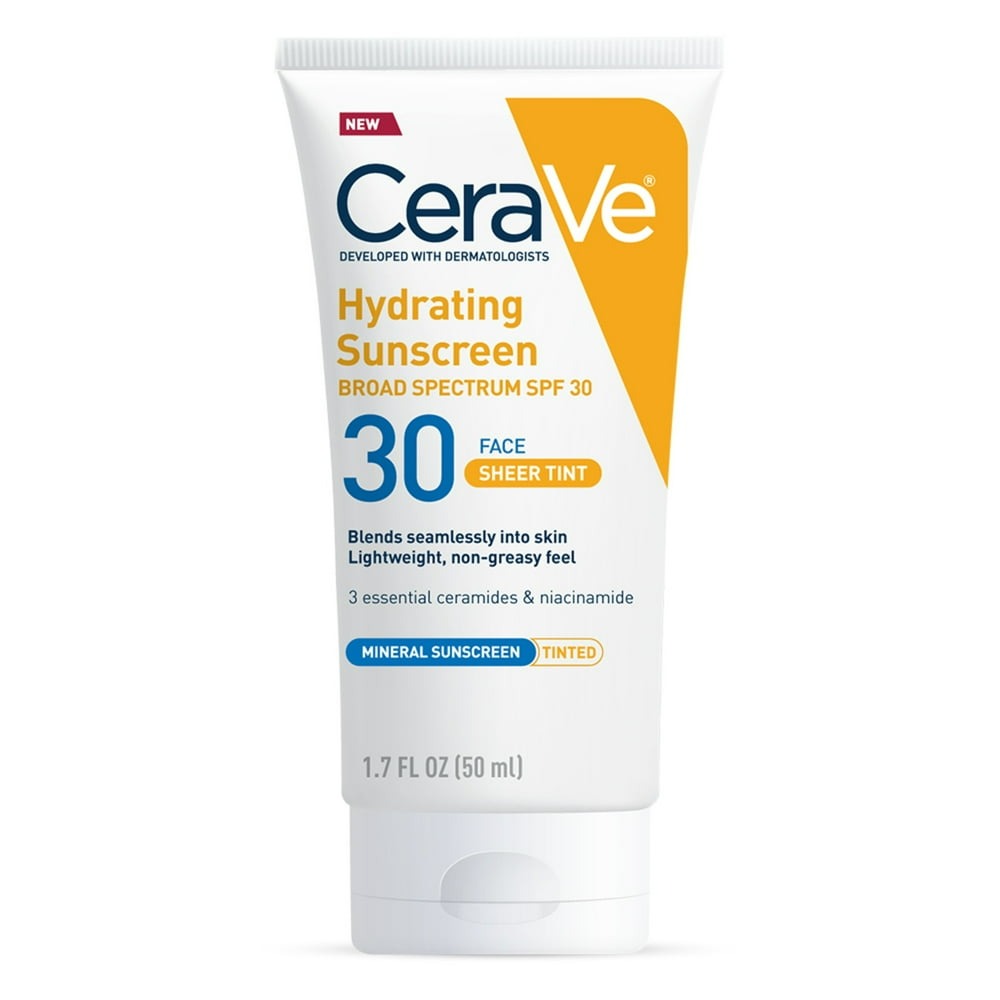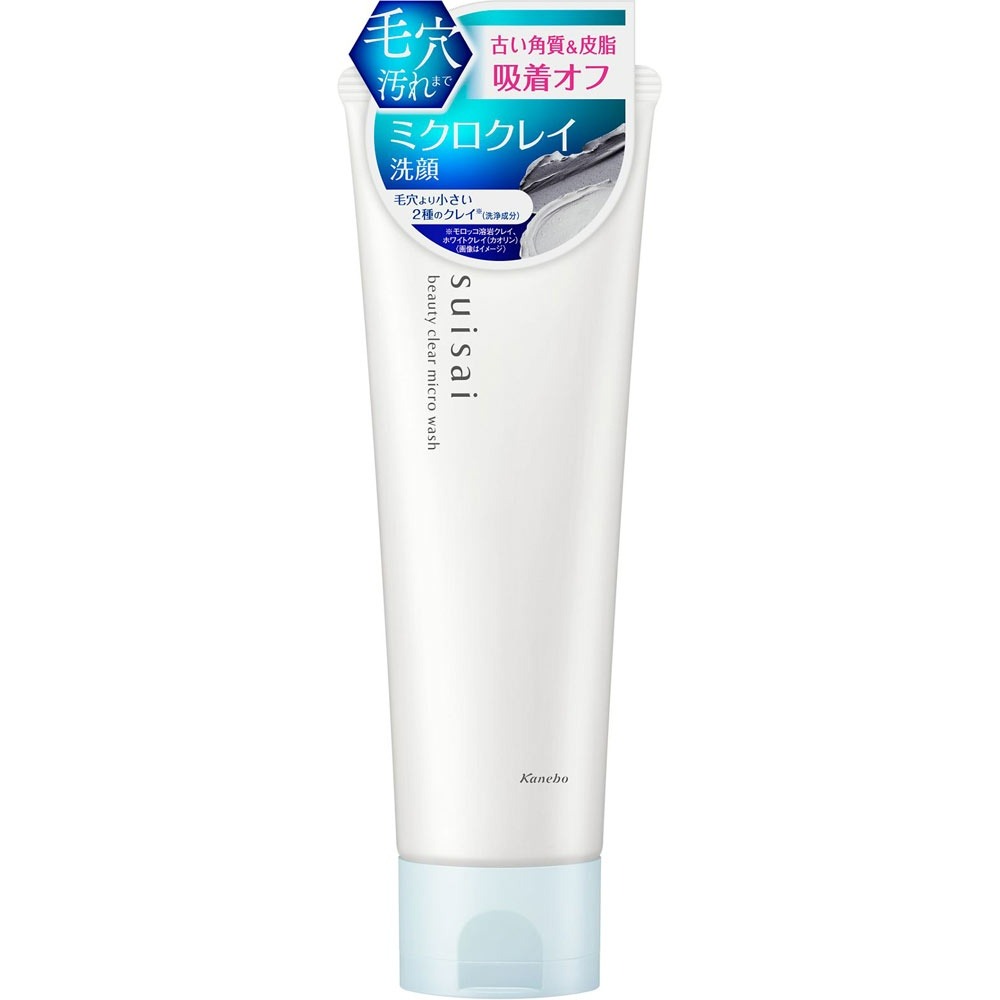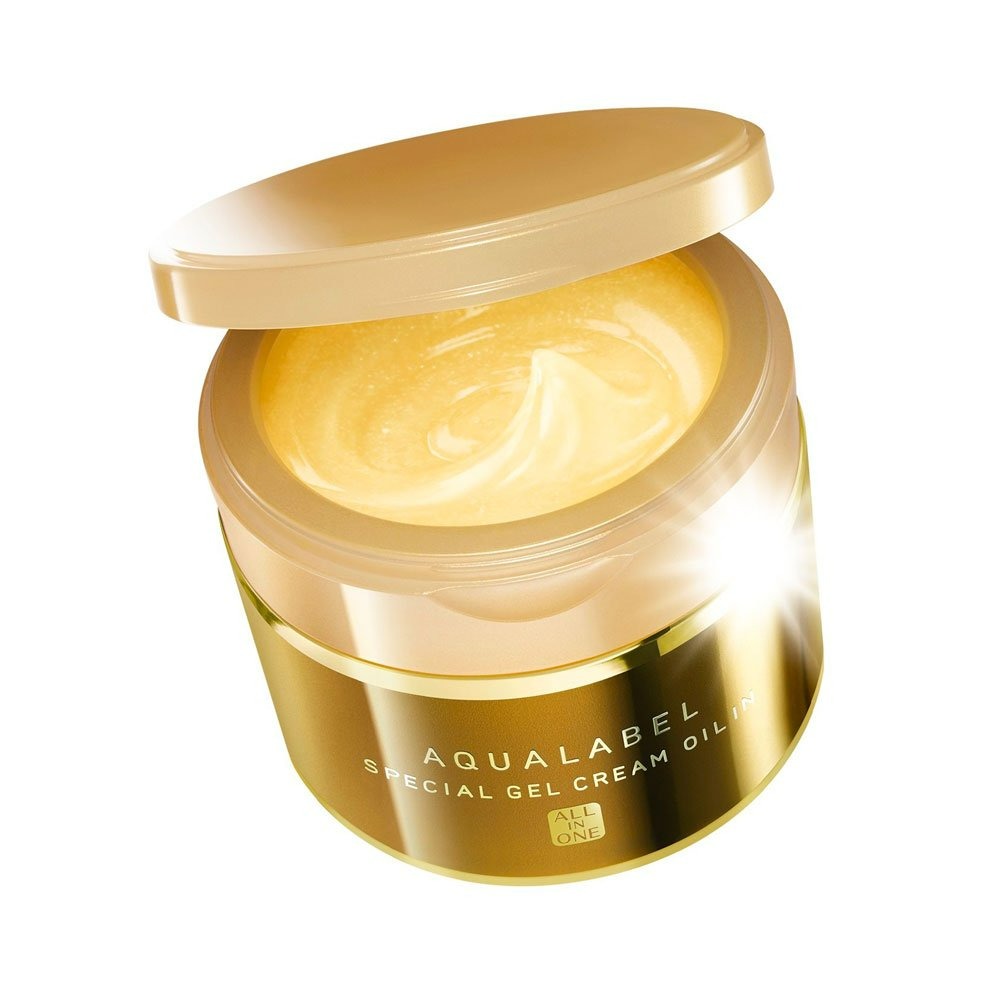The Importance of a Consistent Skincare Routine
Success in the art of skin care starts with consistency. Like a fine-tuned instrument, your skin requires regular care to look and function at its best. Here are the reasons why a consistent skincare routine is critical:
- Maintains Skin Balance: Skin is a dynamic organ that constantly changes with the environment and internal health. A steady routine keeps it balanced.
- Improves Skin Function: Routine care nurtures the skin’s natural defense mechanisms and regeneration processes.
- Allows Products to Work: Skincare products need time to interact with the skin. Steady use brings out their full potential.
- Builds a Strong Skin Foundation: Regular attention lays the groundwork for long-term skin health and beauty.
A routine should not be random; it needs careful crafting based on your unique skin type. It ensures each skincare step and product supports your skin’s specific needs. Stick to your routine day and night for the best results in mastering the art of skin care.

Understanding Your Skin Type and Needs
To master the art of skin care, know your skin type. Skin types vary and include normal, oily, dry, combination, and sensitive categories. Each type demands specific care. For example, oily skin may need products that control excess sebum, while dry skin calls for more hydration.
Recognize Your Skin Type
Signs of normal skin include a balanced moisture level and few imperfections. Oily skin often has enlarged pores and a shiny complexion. Dry skin may feel tight and show flaking or redness. Combination skin features oily areas, typically on the forehead, nose, and chin, and dry patches elsewhere. Sensitive skin reacts easily to stimuli with redness, itching, or bumps.
Cater to Your Skin’s Needs
Once you know your skin type, select products that cater to its unique needs. Use gentle cleansers and moisturizers for sensitive skin to prevent irritation. If you have oily skin, look for non-comedogenic products that won’t clog pores. For dry skin, choose ingredients that offer deep hydration. Normal and combination skin types benefit from a balanced approach, possibly requiring different products for different facial areas.
Understanding your skin type and needs is vital in the art of skin care. It lays the groundwork for a personalized routine that supports your skin’s health and appearance. Stick to products and practices that align with your skin’s characteristics for optimal care.
Essential Skincare Products for Every Routine
An effective skin care routine hinges on the right products. Each step of the routine aims to cleanse, treat, and protect your skin. Here’s a brief outline of essential skincare products that should be in everyone’s arsenal regardless of skin type:
- Cleanser: This is step one. Choose a cleanser that matches your skin type. It clears away dirt and oils without stripping the skin.
- Toner: A toner can balance the skin’s pH and prep it for the next steps. Toner is especially useful for oily and combination skin.
- Moisturizer: Essential for all skin types, a moisturizer locks in hydration and keeps skin plump and smooth.
- Sunscreen: A must for any routine. It shields skin from damaging UV rays. Apply it every day, even when it’s cloudy.
- Exfoliants: Used a few times a week, exfoliants help remove dead skin cells and improve skin texture.
- Serums and Treatments: These products target specific concerns like aging signs or acne. Select based on your skin’s needs.
- Eye Cream: The skin around eyes is delicate. An eye cream can address dark circles, puffiness, or fine lines.
- Lip Balm: Often overlooked, a good lip balm keeps your lips hydrated and protected.
To master the art of skin care, start with these basics. Tailor each product choice to your skin type. Remember, what works for one person may not work for another. Always listen to your skin and adjust your product choices as needed. With the right essentials, you can build a routine that keeps your skin healthy and radiant.

Techniques for Proper Product Application
Applying skincare products correctly can significantly boost their effectiveness. Below are techniques to ensure that you are getting the most out of your skincare routine:
- Start with Clean Hands: Always wash your hands before applying products to prevent spreading bacteria to your face.
- Apply in Order: Use products in the correct order, starting with the thinnest consistency like toners, then serums, and finally the thicker creams.
- Warm Up Products: Rub products between your fingers to warm them up. This makes them easier to spread and absorb.
- Be Gentle: Use gentle, upward strokes to apply products. This helps prevent pulling or tugging on the skin, which can cause sagging.
- Dab, Don’t Rub: For the eye area, use your ring finger to delicately dab product to avoid harsh rubbing.
- Give Products Time: Allow each product to absorb for a few minutes before applying the next layer. This ensures that each product’s benefits are fully utilized.
- Use the Right Amount: Applying too much product can lead to waste and possible irritation. Follow the recommended amounts.
By following these methods, you’ll enhance the art of skin care, allowing your products to work effectively and leaving your skin looking its best.
The Role of Diet and Lifestyle in Skin Health
Maintaining healthy skin is not just about the products you apply; what you eat and how you live play crucial roles too. Here’s how diet and lifestyle can impact the art of skin care:
- Hydration: Drinking enough water is essential. It keeps your skin hydrated from the inside out.
- Nutritious Foods: Eating fruits, vegetables, and healthy fats provides vitamins and antioxidants. These help keep your skin looking its best.
- Limit Sugar and Processed Foods: These can lead to breakouts and dull skin. Cut down on sugary and processed snacks for clearer skin.
- Regular Exercise: Exercise increases blood flow. This helps nourish skin cells and keep them vital.
- Stress Management: High stress can harm your skin. Techniques like meditation or yoga can help manage stress levels.
- Sleep: Aim for 7-9 hours per night. Quality sleep is key to skin repair and rejuvenation.
To master the art of skin care, balance good skincare products with healthy diet and lifestyle choices. Your skin will thank you for it.

Advanced Skincare Treatments and When to Consider Them
As you grow more skilled in the art of skin care, you may consider advanced treatments. These can address issues beyond the scope of basic routines. Know when to include them for maximum benefit.
- Professional Facials: Indulge when your skin needs a boost or before a big event. They can deeply cleanse and hydrate.
- Chemical Peels: Try when you have skin texture concerns or want to reduce appearance of fine lines. They remove the top layer of dead skin.
- Microdermabrasion: Opt for this to buff away dead skin cells. It’s good for skin that feels rough or looks dull.
- Laser Treatments: Consider these for significant issues like deep wrinkles or sun damage. They target deeper layers of skin.
- Microneedling: Use when you seek firmer skin or want to reduce scars. It encourages natural healing processes.
- LED Light Therapy: Try for acne or anti-aging benefits. It uses light to promote skin health without harshness.
Before starting any advanced treatment, consult with a skin care professional. They can recommend the best options for your skin’s needs. Always pair advanced treatments with a solid daily routine. This helps maintain the results and keeps your skin in top condition.
Protecting Your Skin from the Sun and Environmental Damage
In the art of skin care, protection is key. Sun and environmental damage can lead to aging signs and skin cancer. Here’s how you can guard your skin against these threats:
- Use Broad-Spectrum Sunscreen: Apply SPF 30 or higher daily, even on cloudy days. Reapply every two hours when outside.
- Wear Protective Clothing: Sun hats, sunglasses, and long sleeves help shield skin from UV rays.
- Seek Shade: Avoid direct sun exposure during peak hours, usually from 10 a.m. to 4 p.m.
- Stay Away from Tanning Beds: Tanning beds emit harmful UV rays, too. It’s best to achieve a glow through safer methods.
- Use Antioxidants: Skincare with antioxidants like vitamin C can fight free radicals from pollution.
- Cleanse Gently: At the end of the day, remove pollutants with a gentle yet effective cleanser.
Protection from the sun and environment is a daily effort. Make it part of your routine to keep your skin healthy and youthful.
Common Skincare Myths Debunked
The journey through mastering the art of skin care comes with facing a lot of advice. Some of it is valuable, while other guidance can be misleading. It’s crucial to separate fact from fiction. Here are some widespread skincare myths that you need to stop believing:
- Myth: The higher the SPF, the better the protection. Truth: After SPF 30, the increase in UV protection is minimal. Choose broad-spectrum and reapply often.
- Myth: You don’t need sunscreen on cloudy days. Truth: UV rays can penetrate clouds. Apply sunscreen every day, regardless of the weather.
- Myth: Expensive skincare products work best. Truth: Price does not always indicate quality. Look for products with proven ingredients that suit your skin type.
- Myth: The more product you apply, the better. Truth: Using too much product can irritate your skin. Stick to the recommended amounts.
- Myth: If a product stings, it means it’s working. Truth: Stinging can be a sign of irritation. Gentle, non-irritating products are often more effective.
- Myth: Pores open and close. Truth: Pores don’t open or close. They can appear larger due to dirt and oil. Keep them clean to minimize their appearance.
- Myth: You don’t need moisturizer if you have oily skin. Truth: Even oily skin needs hydration. Opt for a lightweight, non-comedogenic moisturizer.
By debunking these common skincare myths, you’ll empower your skin care practice with knowledge. This allows you to make better choices and avoid common pitfalls that could hinder your skin’s health.